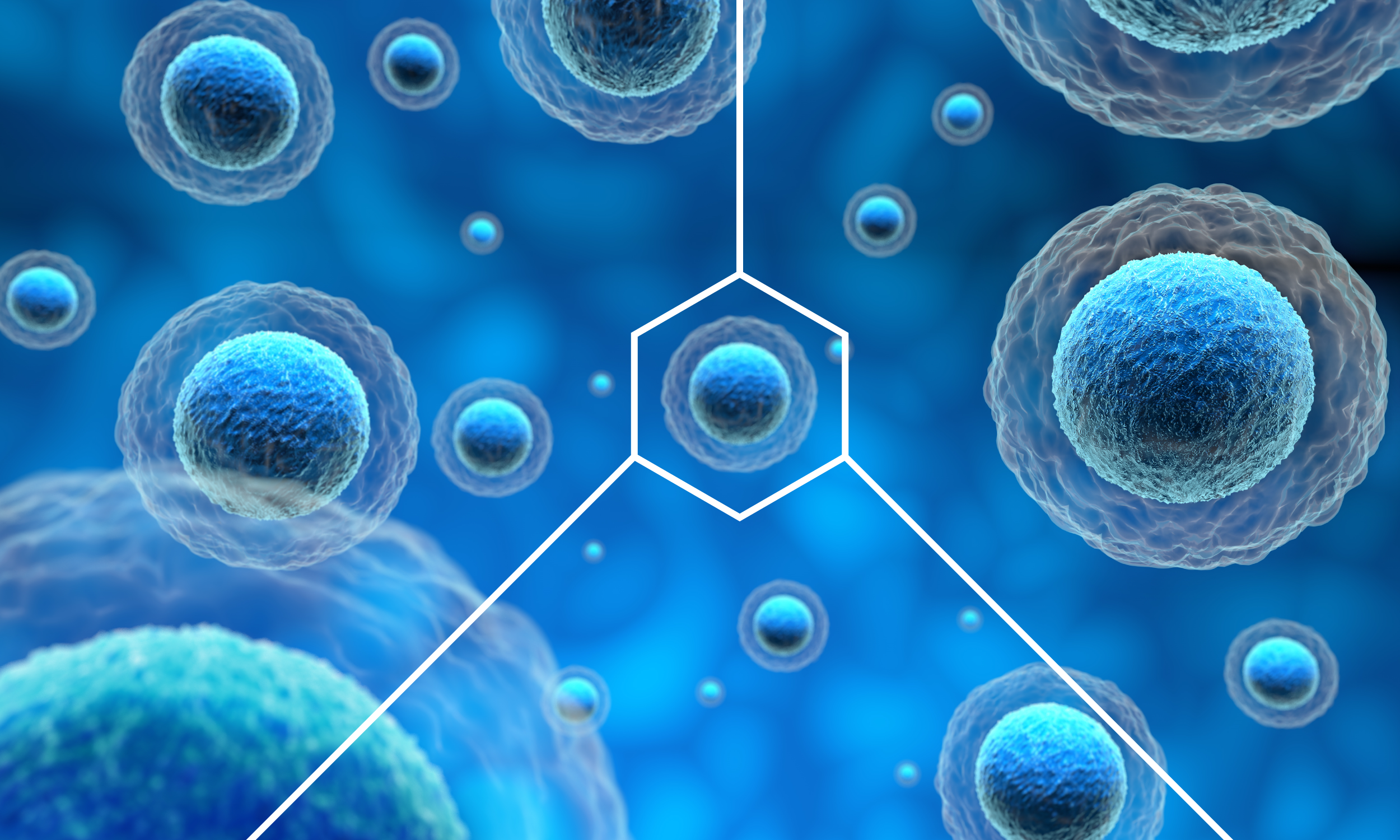
*This is a summary of the findings from the article titled "New Insights into the Roles and Mechanisms of Spermidine in Aging and Age-Related Diseases." Further information and details on this study are located in the link below*
The process of aging can be characterized as the gradual loss of physiological function and integrity, and it is inevitable. Not only is it inevitable, it also puts us at greater risk for developing a myriad of diseases - cardiovascular, neurodegenerative, metabolic, immune and musculoskeletal. Improvements in health care, quality of life and medicine have led to an increase in the average age of the general population, meaning that people are living longer. This opens up the potential for increased development of age-related diseases and emphasizes the need for research into therapeutic treatments and early biomarkers for these diseases. One of the strongest candidates for the job is the polyamine Spermidine.
Spermidine is found in the cells of all living things and has a multitude of interactions with DNA, RNA, ATP, proteins and organelles and plays a key role in several physiological processes. Among these processes are cell proliferation, differentiation, regeneration, senescence and apoptosis, or cell death. The main mechanism that is modified with spermidine is autophagy, a process used to clear out dysfunctioning or dead organelles such as mitochondria that can lead to poor cellular function and increased risk of disease throughout the body.
When we are young, spermidine acts like the oil in our body’s engine, keeping our physiological functions running smoothly and efficiently. As we add more miles to our body, those levels start to drop, leading to a build up of cellular material and other biological backups that then open the door for disease. The good news is there has been more research focused on spermidine supplementation and how it can positively affect our bodies as we age and keep us healthier for longer!
There is no one individual pathway that spermidine affects to help slow the aging process, but rather many interrelated processes throughout our body that can both trigger one another and help calm overactive pathways. Some of the most important processes in spermidine’s anti-aging crusade are:
Autophagy
the process of autophagy is constantly occurring in our bodies and is necessary for proper cellular function. It is an intracellular degradation system that clears out damaged cytoplasmic components to a lysosome to be digested and recycled. As we age, the level of damaged cellular material increases and can surpass the natural levels of autophagy happening in our bodies. Spermidine supplementation can kick start this process and get the autophagy process back on track, which is shown to extend lifespan.
Anti-inflammation
While inflammation plays an important role in our bodies immune response, chronic inflammation can disrupt our body’s equilibrium and trigger a waterfall of negative responses and diseases. Spermidine acts as a strong inhibitor of chronic inflammation by acting as an antioxidant, preventing the migration of inflamed immune cells and reducing the levels of inflammatory protein expression. All of these mechanisms combine to act as a powerful means of reducing inflammation throughout the body.
Cellular life cycle
The cellular life cycle includes proliferation (creation), differentiation (change), senescence (aging) and apoptosis (death). Aging affects each of these uniquely, and so too does the upregulation of spermidine. The overarching result of spermidine supplementation throughout these processes, even as we age, is the maintenance of normal cell cycle functions, without any age-related mishaps or disease.
Lipid Metabolism
This process, which deals with steroids, triglycerides and phospholipids, is largely responsible for our body’s production of energy, immunity and ability to maintain normal function. As we age, our lipid levels become out of balance and can lead to a laundry list of negative side-effects. Spermidine supplemented into the diet acts as a regulator and brings the lipid levels back to normal using autophagy. Spermidine’s ability to modulate lipid levels shows promise in its future dealing with obesity and other metabolic diseases often brought on with age.
Antioxidant
Oxidative damage is something that happens to everyone, but can be increased by environmental stressors and aging. Spermidine protects replicating DNA by binding to it and preventing an oxidative attack on the DNA, which can lead to mistranslation and improper protein creation, which can lead to many harmful diseases, including cancer.
While the field of research into longevity solutions is fairly new, scientists have already made great headway into identifying key players in our aging process. Spermidine continues to be the big hitter when it comes to its beneficial effects on slowing the aging process, remedying physiological functions that are lost with age and preventing the onset of age-related diseases. There is great potential for the use of spermidine supplementation to attenuate the shift in our body’s equilibrium as we age and give the aging population a promising future of not just a longer life, but a healthier one as well.







